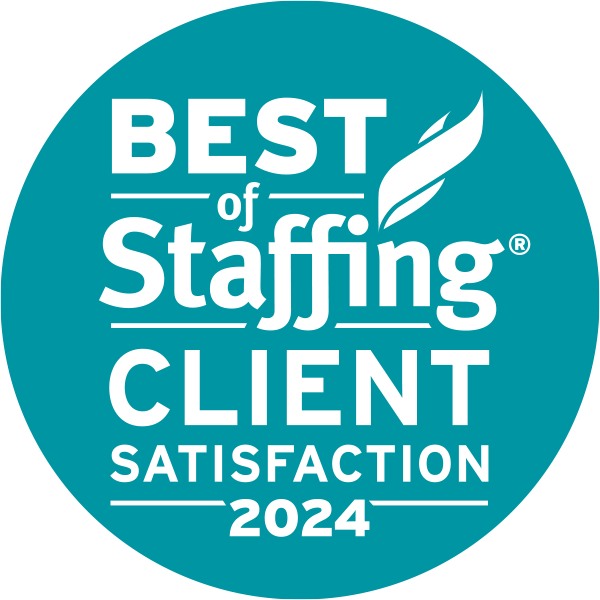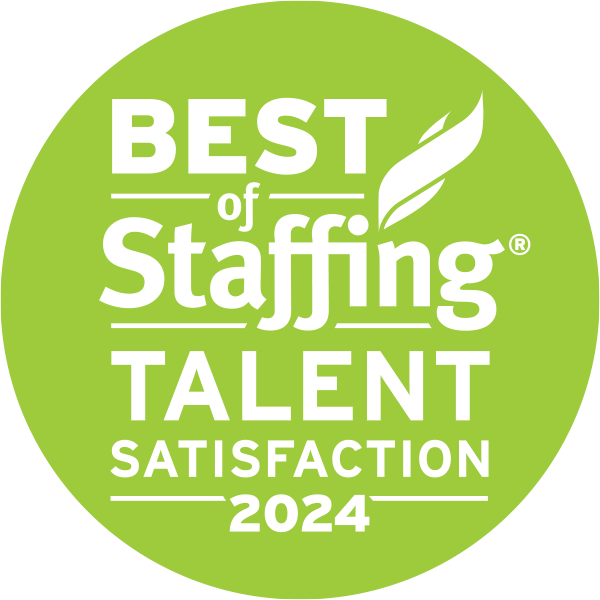 Job creation might dominate headlines in the news media, but ask a hiring manager or executive what their biggest concern is today and it’s not creating jobs, but filling them.
Job creation might dominate headlines in the news media, but ask a hiring manager or executive what their biggest concern is today and it’s not creating jobs, but filling them.
According to recent research by the Society of Human Resources Management (SHRM), 68 percent of HR professionals across industries report challenging recruiting conditions in the current talent market. And the number of HR professionals who say they’re currently working in a difficult hiring climate is up nearly 20 percent, year over year.
Furthermore, with the demand for skilled workers rapidly increasing–the US added 255,000 jobs to the economy in July and has added some 1.3 million jobs in 2016 alone–we can only expect hiring to continue to become more difficult.
Understanding exactly where and why HR professionals are feeling this crunch is critical to a hiring manager or executives ability to effectively navigate this candidate-driven market. After analyzing the SHRM study, we’ve identified three key themes influencing today’s hiring climate:
- Fewer applicants: According to the SHRM study, 51 percent of organizations said they simply lack the volume of candidates they believe they need to make a quality hire. One reason hiring companies are seeing fewer applicants is a lack of presence online. With nearly 80 percent of the job seekers conducting searches online today, and a full one-third of job seekers ranking it as their most important job opportunity resource, according to Pew, posting online seems like a must. However, finding more applicants isn’t as easy as simply posting your jobs to the web. Because of the nature of the Internet, online job postings have made employment opportunities available to candidates who would have never had access to them prior to online job postings (think jobs which require relocation). More opportunities for the job seeker means their applications are spread thin and therefore hiring companies are seeing fewer applicants. This makes online job postings a bit of a catch-22 and has lead many leading companies to invest in staffing agencies because of their direct access to qualified talent pools.
- Lack of experience: It’s one of the most common pain points amongst HR professionals: an applicant with great skill sets, but whom simply lacks the work experience needed. In fact, a full 50 percent of respondents to SHRM’s study agreed that lack of experience amongst applicants has made their jobs more difficult. The one key trend we’re seeing lead to fewer qualified candidates is the skills gap–or more specifically how baby boomers are aiding to the widening of the skills gap. Each day, nearly 10,000 baby boomers retire from the labor force–or some 4 million highly-skilled workers each year. Meanwhile, newer workers entering the labor force are entering with skill sets in emerging fields and industries different from their predecessors–such as UX and UI Design, Front- and Back-End Development and Product Design. This creates an environment where companies are lacking access to more traditional skilled laborers like Project, Account and Marketing managers, and at the same time don’t fully understand how to hire the new and emerging creative talent entering the workforce. Again, this brought new importance and value to the staffing organizations who specialize in finding, engaging and placing this kind of digital, creative and marketing talent.
- Competition is fierce: With each month’s jobs report, we see the number of employment opportunities increase. But unfortunately, the skills gap remains. Therefore, many hiring managers and executives are constantly competing over the same, shrinking pool of talent. And the SHRM data backs up this conclusion. According to their report, nearly half of all HR professionals believe competition has made their work more difficult. Today, hiring companies must compete online, in print and in person in order to find the right talent that not only fits their skills requirements, but their company culture as well. This has turned recruitment into a demanding full-time job that few companies–outside of major enterprises–have the manpower to compete with. This, at least in part, has lead to the continued growth of organizations who look to full-time staffing firms to aid in their talent search (indeed, the staffing industry has grown 5.4 percent in the last year, alone).
As the skills gap widens, recruitment becomes more complex, and competition for skilled workers increases, hiring will only continue to become increasingly difficult. Of course if you are having trouble locating talent, you can always turn to a staffing agency like Onward Search.
Our recruiters have years of experience in the digital, creative and marketing positions you’re looking to fill, and always pull from an established pool of talent to help you make hires quickly and efficiently. Contact Onward Search today to learn more.







